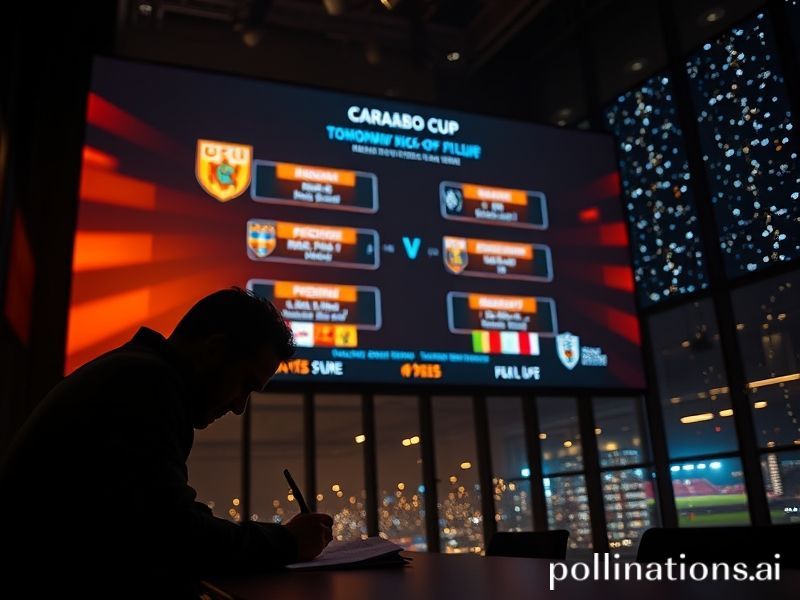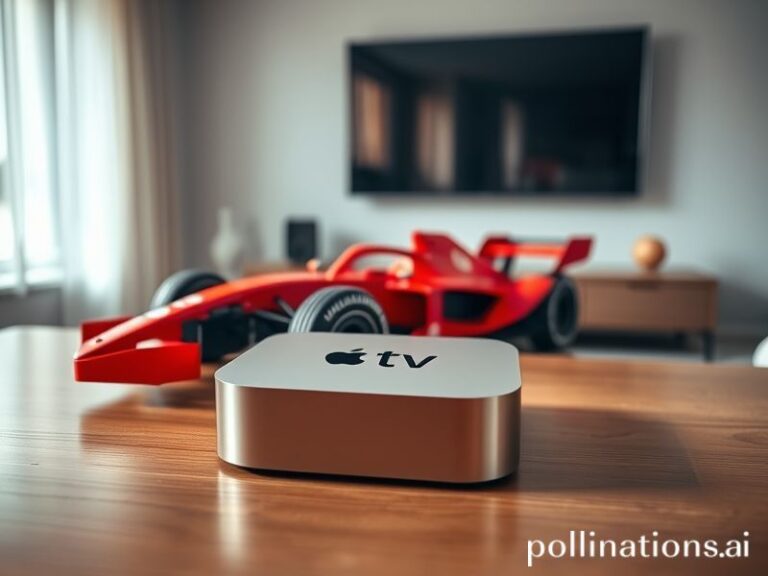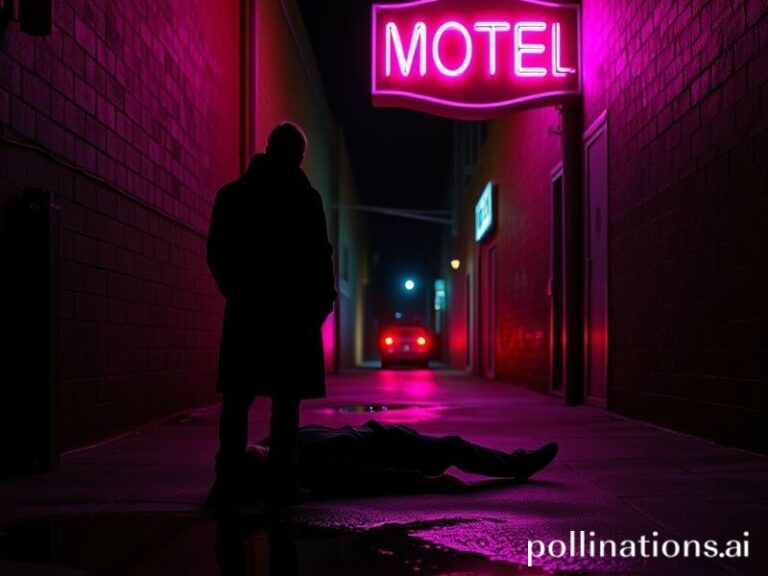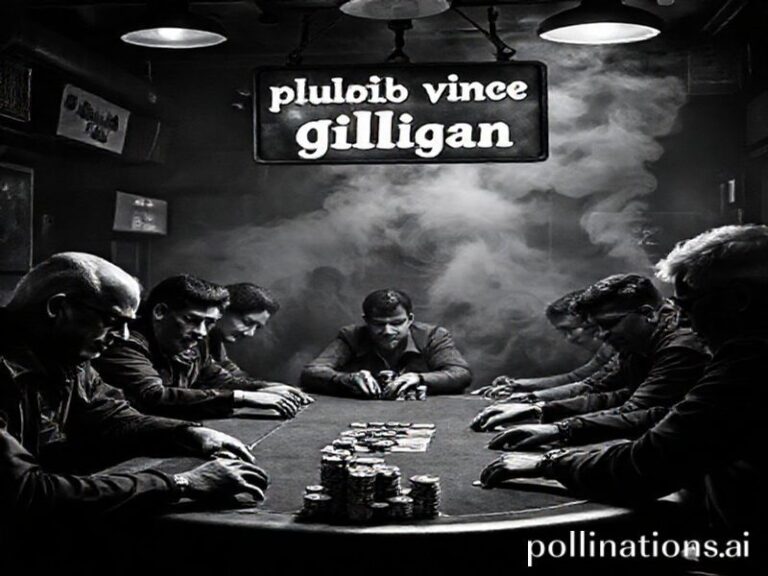Carabao Cup Fixtures: How a Regional English Tournament Became the World’s Most Ironic Geopolitical Stage
When the Carabao Cup draw ping-pongs its way onto screens from Bangkok betting shops to Lagos viewing parties, it does so with all the gravitas of a kindergarten nativity play performed inside a burning cathedral. Yet the fixtures—bright little LEDs on a fixture list that stretches from steamy August to the frostbitten finale in February—are treated from Lagos to Lahore as coded messages from the mothership of global capitalism. Somewhere between the third-round banana-skin at Exeter and the two-legged semi-final that no one outside Hertfordshire asked for, the tournament morphs into a Rorschach test for the planet’s footballing unconscious: what you see in Aston Villa versus Wycombe reveals more about your geopolitical anxieties than it does about Gareth Southgate’s January selection headaches.
Consider Wednesday’s slate: Manchester United (market cap roughly the GDP of Slovenia) will travel to the “iconic” turf of Barnsley, a town whose last brush with international relevance was a 1997 UEFA Cup run that ended somewhere east of Tbilisi. United’s chartered 747 will burn more jet fuel than the entire town uses in a year, a fact proudly ignored by the club’s sustainability report and quietly celebrated by every carbon trader shorting European allowances. Meanwhile, over in West Asia, Saudi Pro League executives set 3 a.m. alarms to watch on pirated streams, taking notes on how best to re-package domestic cups as soft-power infomercials. If the Saudis ever launch a “Camel-Cola Cup,” you’ll know where the blueprint was Xeroxed.
The global betting syndicates—technically illegal from Jakarta to Jo’burg but universally accessible with a VPN and a moral shrug—price these fixtures like emerging-market currencies. A League Two side at home to Liverpool is treated with the same volatility as the Argentine peso: one leaked WhatsApp voice note about Trent Alexander-Arnold’s dodgy hamstring and the handicap swings faster than a Jakarta scooter in monsoon traffic. Somewhere in Manila, a call-center agent earning $3 an hour is parlaying his month’s rent on Mansfield Town +2.5 goals because, as he tells colleagues during smoke breaks, “entropy always increases, especially in English weather.”
Yet the real geopolitical subplot is the soft-power arms race disguised as sports hydration. Carabao, the Thai energy drink whose neon-green cans resemble radioactive coolant, has purchased naming rights precisely because the English Football League is the last media space where you can beam sugary caffeine into teenage eyeballs without running afoul of the EU’s health-nanny directives. Sales charts show spikes in Surabaya every time Ian Darke pronounces “Carabao” with the reverence normally reserved for papal encyclicals. Somewhere in Brussels, a bureaucrat drafting digital services taxes sighs, knowing that a regional cup in post-Brexit England is now a more effective vector for Southeast Asian brand diffusion than TikTok—at least until the next algorithm tweak.
And then there’s the human collateral: the fans. The Barnsley lad who spends 14 percent of his annual income on a train ticket to Old Trafford for the return leg, only to watch Erik ten Hag field a reserve side because “the schedule is inhumane.” The Lagos Uber driver who streams the game on his dashboard phone, praying the Lagos State traffic cops don’t notice—bribes cost more than data bundles. The Hong Kong protester who sets his VPN to Manchester just to taste the illusion of normality while riot police practice formations outside. Each believes the fixture list offers escape; each ends up funding the same transnational supply chain of sugar, debt, and deferred dreams.
When the final whistle blows in February—inevitably at Wembley, inevitably after extra-time, inevitably decided by a VAR review that will be memed into oblivion within 47 seconds—the world will have moved on. The same geopolitical tectonics will grind: elections will be half-rigged, glaciers will sulk, and Elon Musk will tweet something regrettable. But for one brief midweek moment, the Carabao Cup fixtures will have done their real job: convincing eight billion people that the algorithmic carnival of late capitalism still has room for something as quaint as a knockout competition. Which, in 2024, might be the darkest joke of all.







